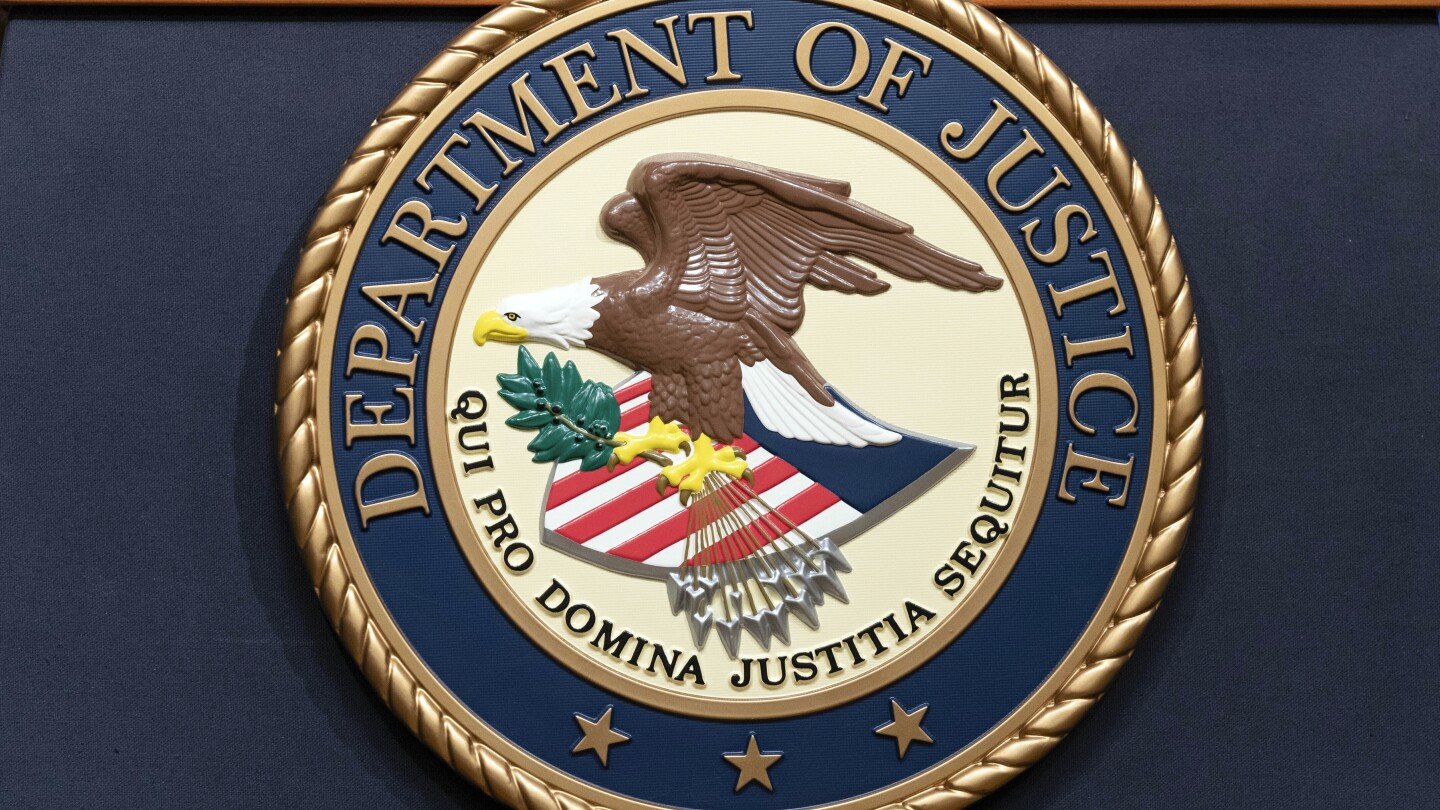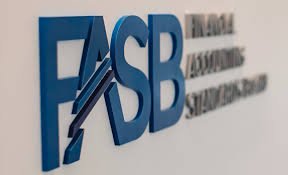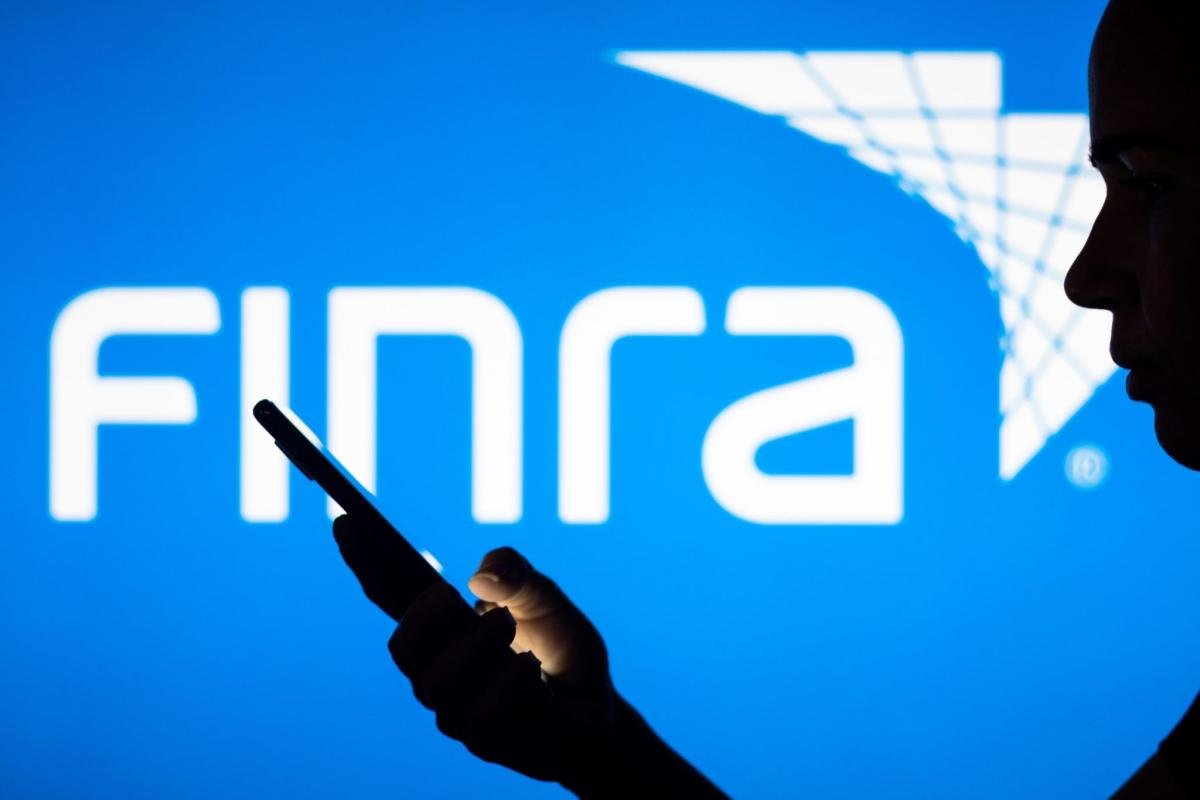
Insights & Regulatory Updates

DOJ Announces New Pilot Program for Voluntary Self-Disclosures: What You Need to Know
The Department of Justice (DOJ) has introduced a new pilot program aimed at incentivizing individuals involved in corporate wrongdoing to voluntarily disclose information. This initiative, highlighted by Principal Deputy Assistant Attorney General Nicole M. Argentieri, underscores the DOJ’s commitment to enhancing accountability and uncovering hidden corporate misconduct.

California Law Firm Settles False Claims Act Allegations Over Misuse of PPP Loan Funds
On August 15, 2024, a California-based law firm, along with senior managers, agreed to a settlement totaling $274,000 to resolve allegations of False Claims Act violations related to the misuse of Paycheck Protection Program (PPP) loan funds.

New Corporate Whistleblower Awards Pilot Program: A Game Changer for Corporate Accountability
On August 1, 2024, Principal Deputy Assistant Attorney General Nicole M. Argentieri unveiled a significant new initiative: the Corporate Whistleblower Awards Pilot Program. This program represents a strategic enhancement to the Department of Justice’s (DOJ) enforcement capabilities and aims to fortify corporate accountability across multiple sectors.

Activist Short Seller Indicted for $16M Market Manipulation Scheme
On July 26, 2024, a federal grand jury in the Central District of California returned an indictment charging Andrew Left, a well-known activist short seller, with multiple counts of securities fraud. The indictment alleges that Left orchestrated a sophisticated market manipulation scheme that generated at least $16 million in illicit profits.

Advancing Financial Data Transparency: New Joint Standards Proposed by Financial Regulators
On August 2, 2024, Chair Gary Gensler announced a groundbreaking proposal aimed at enhancing the transparency and accessibility of financial data. This proposal, born from the Financial Data Transparency Act of 2022 (FDTA), represents a significant step toward standardizing financial data reporting across multiple regulatory agencies. The initiative involves nine financial regulators and is poised to streamline data collection and improve oversight efficiency.

Enhancing Financial Reporting: Insights from the Updated Conceptual Framework in FASB Standard Setting
On August 12, 2024, Paul Munter, the Chief Accountant at the SEC, released a statement emphasizing the significance of the recently updated Conceptual Framework for Financial Reporting issued by the Financial Accounting Standards Board (FASB). This comprehensive update, culminating with the issuance of Chapter 6, Measurement, of Concepts Statement No. 8, marks a pivotal moment in accounting standards development. As the FASB integrates these updates into its standard-setting activities, it's crucial for stakeholders to understand how these changes will shape the future of financial reporting and investor protection.

Understanding Conflicts of Interest in Artificial Intelligence: Video from SEC Chair Gary Gensler
On August 13, 2024, SEC Chair Gary Gensler released a video discussing the growing role of artificial intelligence (AI) in finance, particularly how it can introduce conflicts of interest that may impact investors. As AI becomes more integrated into financial services—from robo-advisors to brokerage applications—the potential for these conflicts to influence investment decisions and outcomes increases.

2024 Mid-Year Review: SEC Enforcement regarding Crypto Assets
The Securities and Exchange Commission (SEC) has been highly active in 2024, particularly in the enforcement of regulations within the crypto asset space. As the digital asset market continues to evolve, so too does the regulatory landscape. The SEC’s actions reflect its commitment to protecting investors and maintaining fair, orderly, and efficient markets, even in the rapidly changing world of cryptocurrencies.

Navigating the SEC Whistleblower Program: Guidance for Whistleblowers and Companies Alike
The SEC’s Whistleblower Program, established under the Dodd-Frank Act, plays a pivotal role in uncovering and addressing violations of federal securities laws. While it provides significant incentives for individuals to report wrongdoing, it also poses substantial risks and challenges for companies whose employees may come forward as whistleblowers. Understanding the program's intricacies and how it impacts both whistleblowers and companies is crucial for navigating these situations effectively.

Key Takeaways from SEC Report on Cyber-Related Frauds and Internal Accounting Controls
In today's rapidly evolving digital landscape, the threat of cyber-related fraud has become an ever-present concern for public companies. The SEC's 2018 report sheds light on this issue, focusing on the risks posed by cyber-related frauds that exploit vulnerabilities in internal controls. The report serves as both a cautionary tale and a guide for companies looking to strengthen their defenses against these sophisticated attacks.

SEC Crackdown on Texting Violations: Asset Managers and Rating Agencies Brace for Next Round of Fines
The SEC’s relentless pursuit of record-keeping violations has reached new heights, as asset managers and rating agencies find themselves in the crosshairs of the regulator’s expanding probe into the use of personal devices for business communications. The investigation, which began in 2021 with a focus on investment bankers, has already resulted in over $2 billion in civil penalties from Wall Street firms. With recent settlements amounting to nearly $400 million from multiple firms, the SEC shows no signs of slowing down.

Supreme Court's Landmark Ruling in SEC v. Jarkesy: Implications for SEC Enforcement and Administrative Adjudication
On June 27, 2024, the U.S. Supreme Court issued a groundbreaking opinion in SEC v. Jarkesy, which fundamentally alters the landscape of securities enforcement and administrative adjudication. The Court’s decision unequivocally declared unconstitutional the SEC’s use of its in-house administrative courts to levy civil penalties in securities fraud cases. This ruling not only challenges the SEC’s procedural practices but also raises profound questions about the authority of federal agencies to seek similar forms of administrative relief.

Cybersecurity Alert: FINRA Update on CrowdStrike IT Service Disruption
FINRA has issued a cybersecurity alert concerning a recent CrowdStrike service outage that has impacted Microsoft operating systems. This disruption, which began on July 19, 2024, is linked to a software update affecting CrowdStrike’s Falcon software. The Cyber and Analytics Unit (CAU) within FINRA’s Member Supervision program is actively monitoring the situation.

Navigating FINRA’s Updated Policy on Recording Calls and Meetings
FINRA has issued Regulatory Notice 24-10, reminding members of its longstanding policy prohibiting the recording of conversations between FINRA staff and member firm personnel during oversight-related calls or meetings. This policy extends to both audio and video recordings and includes all related technologies. The Notice underscores the continued relevance of this policy amidst technological advancements that facilitate recording and transcription.

Understanding FINRA's Membership Application Program: A Guide to Joining the Broker-Dealer Industry
In the world of securities trading, the Financial Industry Regulatory Authority (FINRA) plays a crucial role in maintaining market integrity and protecting investors. One of the key components of this oversight is FINRA’s Membership Application Program (MAP). Here, we delve into what MAP entails, the process firms must go through to gain membership, and the role it plays in safeguarding the industry.

FINRA Provides Update on Member Firms’ Crypto Asset Activities
As part of its regulatory mandate to safeguard investors and uphold market integrity, FINRA is addressing the evolving landscape of crypto asset activities conducted by its member firms. Crypto assets—commonly referred to as digital assets—encompass a range of items issued or transferred using blockchain technology. These include virtual currencies, coins, and tokens, which may or may not qualify as “securities” under federal laws.

Regulatory Notice 24-11: Updated Interpretations of FINRA’s Margin Rule
FINRA has announced an important update to the set of interpretations for its Margin Rule, FINRA Rule 4210. These updated interpretations, now effective, are available on the FINRA website. To help member firms navigate these changes, FINRA has also released a comprehensive guide. This guide includes a text comparison with the previous interpretations, published on October 27, 2021, and provides additional information about the updates.

FINRA’s Landmark Action on Social Media Influencer Programs
In a significant development, FINRA has imposed an $850,000 fine on a financial services firm for violations related to its use of social media influencers. This marks the first enforcement action by FINRA concerning a firm's supervision of social media influencer activities.
